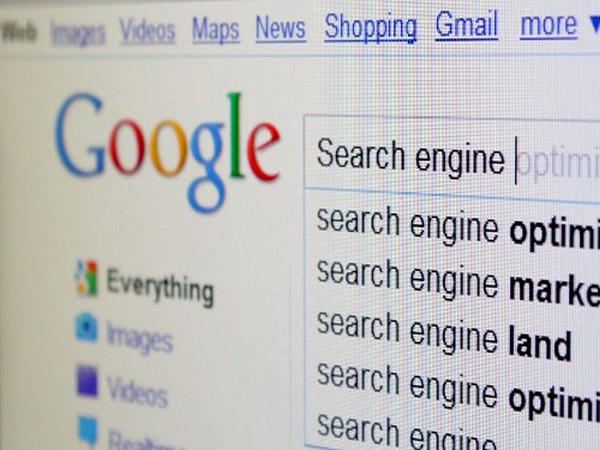Google takes down news items in response to bogus copyright complaints
Alphabet Inc., the parent company of American multi-national tech giant Google, removed links to unfavorable articles and blog posts that alleged wrongdoing by convicted criminals, foreign officials and businesspeople in the United States as well as abroad over takedown requests made by hundreds of individuals or companies, often using apparently fake identities, The Wall Street Journal reported.

- Country:
- United States
Alphabet Inc., the parent company of American multi-national tech giant Google, removed links to unfavorable articles and blog posts that alleged wrongdoing by convicted criminals, foreign officials and businesspeople in the United States as well as abroad over takedown requests made by hundreds of individuals or companies, often using apparently fake identities, The Wall Street Journal reported. Google took down those news items in response to copyright complaints, many of which appear to be bogus, the Journal found in an analysis of information from the more than four billion links sent to the company for removal since 2011.
Google's system was set up to comply with the Digital Millennium Copyright Act (1998), or DMCA, which gives tech firms immunity from claims in copyright cases as long they quickly take down copyrighted material once alerted. Takedown requests to Google are often from media companies legitimately requesting that pirated copies of a movie or album be removed from search results. Publishers and news outlets, including the Journal, have also asked Google to scrub allegedly infringing material from Google Search.
Yet some requests, the Journal found, appear to be from people manipulating the system in ways it didn't intend, resulting in Google's taking down lawful content. When a Colorado man, Dak Steiert, faced state-court charges of running a fake law firm in 2018, he sent Google a series of copyright claims against blogs and a law-firm website that discussed his case, claiming they had copied the posts from his own website. That was not true, the Journal determined in one of the instances, but Google erased the pages from its search engine anyway.
Last year, Steiert, who did not respond to requests for comment, pleaded guilty in Colorado state court to one count of false advertising in his business. The Colorado Supreme Court closed his practice. The articles remained invisible in Google searches until the Journal flagged the cases to Google, which then reinstated the links. When Google erases links to an article in its search engine, it is often the equivalent of wiping the piece from the internet, even though the item may still exist on a little-trafficked website. Searchers would not see a trace.
"If people can manipulate the gatekeepers to make important and lawful information disappear," said Daphne Keller, a former Google lawyer and now a program director at Stanford University's Cyber Policy Center, "that's a big deal." Google has automated much of the process of reviewing takedown requests, relying on techniques that do not require human review, to enable removals at a large scale, said company spokeswoman Lara Levin.
After the Journal shared its findings with Google, the company conducted a review and restored more than 52,000 links it determined it had improperly removed, she said. Google said its review identified more than 100 new abusive submitters, declining to discuss individual cases. Google "aims to strike a balance between making it easy and efficient for rightsholders to report infringing content while also protecting free expression on the web," Levin said, adding that "there are bad actors who attempt to abuse the system" and that Google works to fight such abuse.
(This story has not been edited by Devdiscourse staff and is auto-generated from a syndicated feed.)
- READ MORE ON:
- The Wall Street Journal
- Alphabet Inc
- American
- Colorado
- Stanford University
ALSO READ
Google Doodle Celebrates Senegal’s Independence Day 2024
Google enhances ChromeOS experience with M123 update
Google Doodle Honors Mexican Artist Francis García on Her 66th Birthday
ANALYSIS-Google's contemplated mega deal would prompt new fight with regulators
Total Solar Eclipse 2024: Google marks Surya Grahan with special animation










